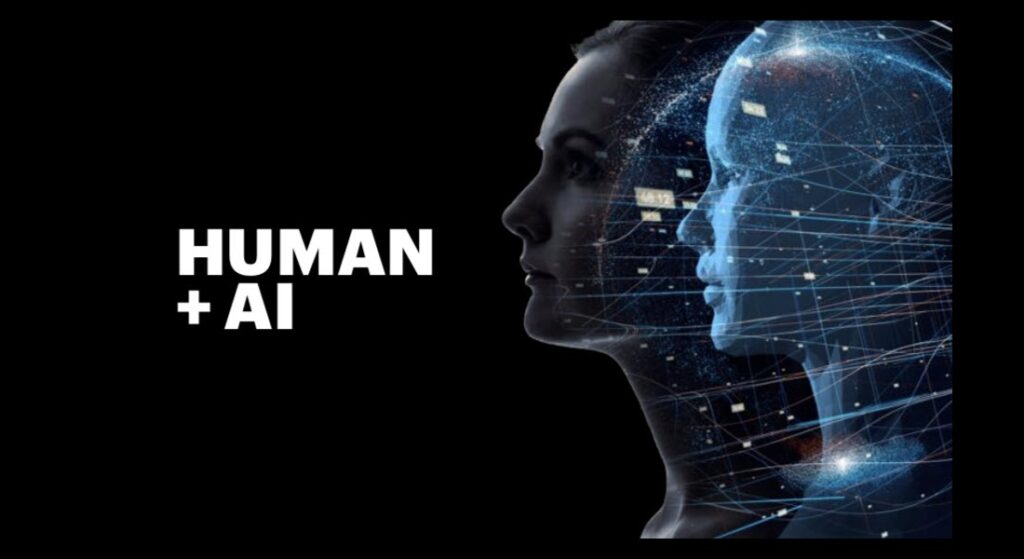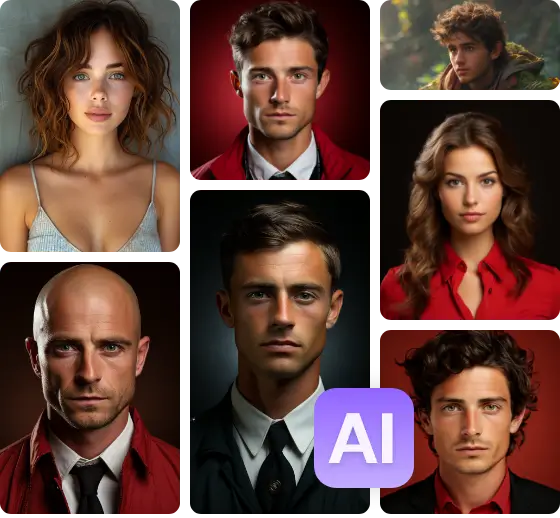In the ever-evolving realms of gaming and virtual reality (VR), the generation of lifelike and expressive faces has become a pivotal aspect of user immersion and engagement. From realistic character creation in video games to enhancing the social interactions within virtual spaces, innovative face generation applications are reshaping the landscape of digital experiences. This exploration delves into the diverse applications of face generation technologies, unveiling their impact on gaming, VR, and beyond.

1. The Evolution of Face Generation in Gaming
Gaming has witnessed a paradigm shift with the integration of advanced face generation technologies. Realistic and customizable characters are no longer limited to major titles; even indie games now leverage facial animation and expression technologies, offering players an unprecedented level of immersion. Face generation applications are becoming integral tools for developers, allowing them to breathe life into virtual worlds and create emotionally resonant gaming experiences.
2. Character Customization in Gaming
Character customization has reached new heights with face generation applications. Players can intricately design and personalize the facial features of their avatars, fostering a deeper connection between the player and the virtual environment. This level of detail extends beyond aesthetics, influencing gameplay dynamics as facial expressions convey emotions, reactions, and responses, enhancing the overall storytelling experience.
3. Virtual Reality: Bridging Realism in Digital Interaction
In the realm of virtual reality, face generation applications play a pivotal role in creating a sense of presence and authenticity. Social VR experiences are enriched as users interact with digital counterparts whose facial expressions mirror their real emotions. Applications extend beyond gaming, encompassing virtual meetings, conferences, and collaborative environments, where realistic avatars enhance communication and engagement.
4. AI-Powered Facial Animation
The advent of artificial intelligence (AI) has revolutionized face generation applications. AI-powered algorithms analyze and replicate intricate facial movements, enabling characters to express emotions dynamically. This innovation not only enhances visual fidelity but also provides a scalable solution for developers aiming to deliver sophisticated facial animation across diverse platforms.
5. Ethical Considerations and Future Implications
As face generation technologies advance, ethical considerations surrounding privacy, consent, and potential misuse come to the forefront. Striking a balance between innovation and responsible use is imperative to ensure that these applications contribute positively to digital experiences. The future holds exciting possibilities as face generation continues to redefine how we interact with virtual environments, forging new frontiers in gaming, virtual reality, and beyond.

Frequently Asked Questions
- What is face generation technology, and how does it enhance gaming experiences?
Face generation technology involves the creation of realistic and expressive digital faces for characters in video games. This technology enhances gaming experiences by providing detailed and customizable avatars, allowing players to deeply connect with the characters they control.
- How do face generation applications contribute to character customization in gaming?
Face generation applications enable intricate character customization in gaming. Players can personalize facial features, expressions, and emotions, creating a more immersive and personalized gaming environment. This level of customization goes beyond aesthetics, influencing gameplay dynamics and storytelling.
- In what ways do face generation technologies impact virtual reality (VR) experiences?
In VR, face generation technologies play a crucial role in creating realistic avatars that mirror users’ facial expressions. This enhances the sense of presence and authenticity in social VR experiences. Beyond gaming, face generation in VR extends to virtual meetings, conferences, and collaborative environments.
- How does artificial intelligence (AI) contribute to facial animation in these applications?
AI-powered algorithms analyze and replicate intricate facial movements, allowing characters to express emotions dynamically. This AI-driven facial animation not only enhances visual fidelity but also provides a scalable solution for developers aiming to deliver sophisticated facial expressions across diverse platforms.
- What are the ethical considerations associated with face generation applications in gaming and VR?
Ethical considerations include issues related to privacy, consent, and potential misuse of facial data. Striking a balance between innovation and responsible use is crucial to ensure that face generation technologies contribute positively to digital experiences without compromising user privacy.
Conclusion
In conclusion, the applications of face generation technologies span from the immersive landscapes of gaming to the transformative realms of virtual reality. As these technologies continue to evolve, they not only redefine the visual aesthetics of digital experiences but also revolutionize how users engage with virtual worlds. The journey ahead promises a fusion of realism and interactivity, shaping a future where faces in the digital realm become windows to unprecedented levels of creativity and connectivity.
Developers can prioritize responsible use by implementing robust privacy measures, obtaining user consent for facial data usage, and staying informed about emerging ethical guidelines. Collaborative efforts within the industry can foster a culture of responsible innovation in the development and deployment of face generation applications. While initially associated with entertainment, face generation applications have practical applications beyond gaming and VR. These include virtual meetings, education, simulations, and other industries where realistic avatars and facial expressions enhance communication and engagement.
Users can prioritize their privacy by reviewing and adjusting privacy settings within applications, understanding how facial data is used and stored, and being cautious about sharing sensitive information in virtual interactions. Being informed about the privacy policies of the applications they use is key to maintaining privacy in virtual reality experiences.
Ensure the Privacy and security during using face generation application is a key point.
